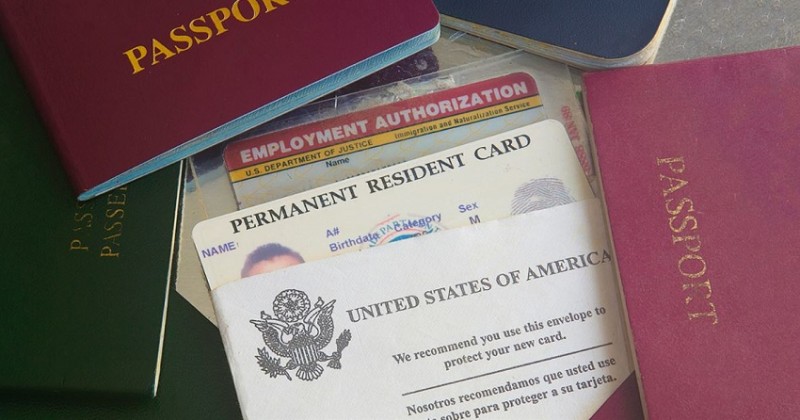
The United States has updated its International Entrepreneur Rule (IER) to attract more foreign entrepreneurs. These new guidelines allow foreign startup founders to potentially stay in the US for up to five years if their ventures demonstrate public benefit.
Initially, entrepreneurs are granted a stay of two-and-a-half years. Extensions can be granted based on specific criteria such as meeting funding milestones and creating jobs. The Department of Homeland Security (DHS) oversees this rule, which allows noncitizen entrepreneurs to apply for authorized stay, or "parole," by showing that their business ventures provide significant public benefit. This status permits them to work exclusively for their startups.
Key Features of the Updated IER
Eligibility: Entrepreneurs can apply whether they are currently abroad or already in the US.
Startup Requirements: The business must be legally registered in the US and established within the past five years.
Growth Potential: The startup must demonstrate potential for rapid growth and job creation, with qualifying investments of at least $264,147 or government grants of at least $105,659, or other credible evidence.
Initial and Extended Parole: Entrepreneurs can receive an initial parole for up to 2.5 years, with the possibility of extending to a total of five years if additional benchmarks are met.
Number of Entrepreneurs: Up to three entrepreneurs per startup can be eligible for parole under this rule.
Family Provisions: Spouses may apply for employment authorization after entering the US under parole conditions, but this provision does not extend to children.
Requirements for Entrepreneurs
Ownership: Entrepreneurs must own at least 10% of the startup at the time of the initial application.
Operational Role: They must play a central and active role in the startup's daily operations and decision-making processes.
Funding and Evidence: The startup must have received substantial investment or government funding within the last 18 months or provide other credible evidence of its growth potential.
Family and Employment
Spouses: Eligible for parole and can apply for employment authorization.
Children: Unmarried children under 21 can apply for parole but are not eligible for employment authorization.
Parole Duration and Application Process
Initial Parole: Granted for up to 2.5 years.
Extension: Possible re-parole for another 2.5 years if specific benchmarks are met, totaling a maximum stay of five years.
Application: Entrepreneurs can apply from outside the US or while in the US. However, parole does not allow for adjustment of status within the US, so traveling abroad for visa processing might be necessary.
Nonimmigrant Status: Those in nonimmigrant status can apply for IER parole but may need to leave the US and re-enter under parole conditions.
These adjustments aim to make the US more attractive to global entrepreneurs by providing a clear pathway for startup founders to establish and grow their businesses in the country, ultimately boosting economic growth and innovation.
U.S. Deports 116 Chinese Nationals Amid Surge in Migrants